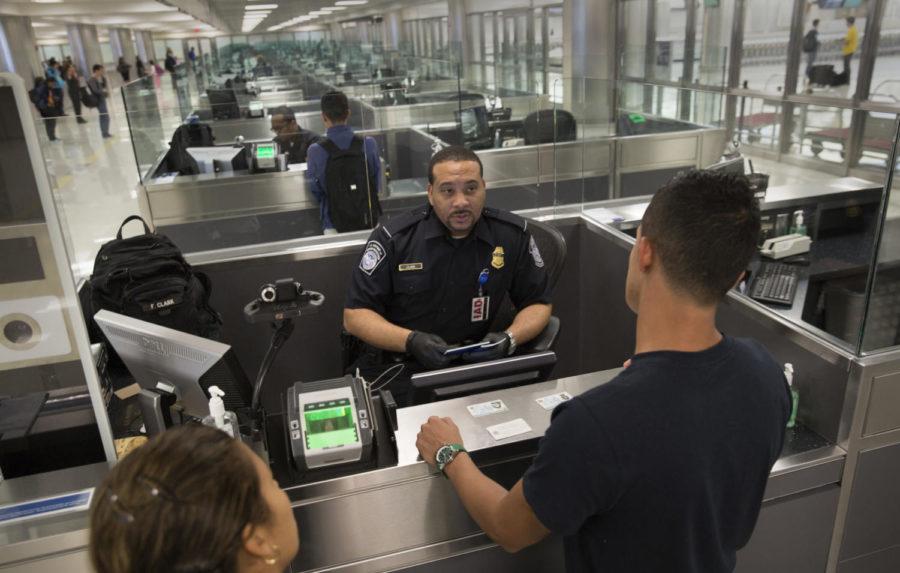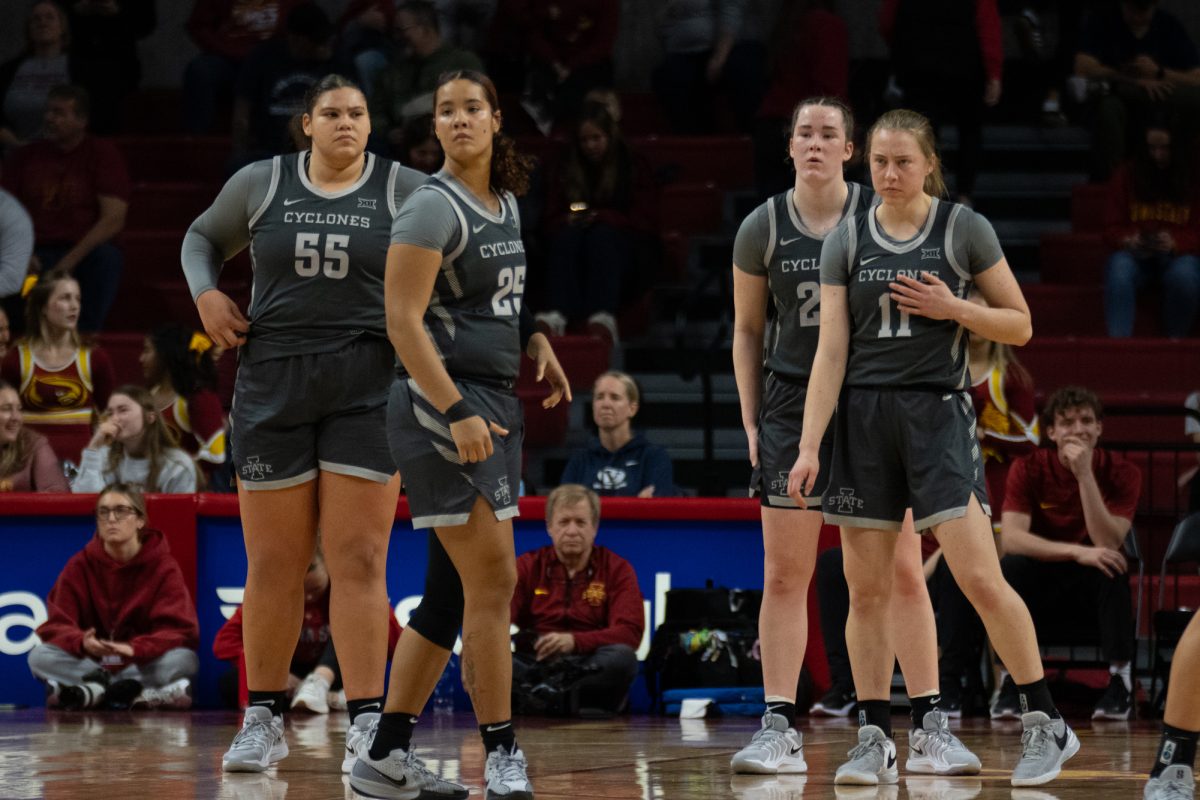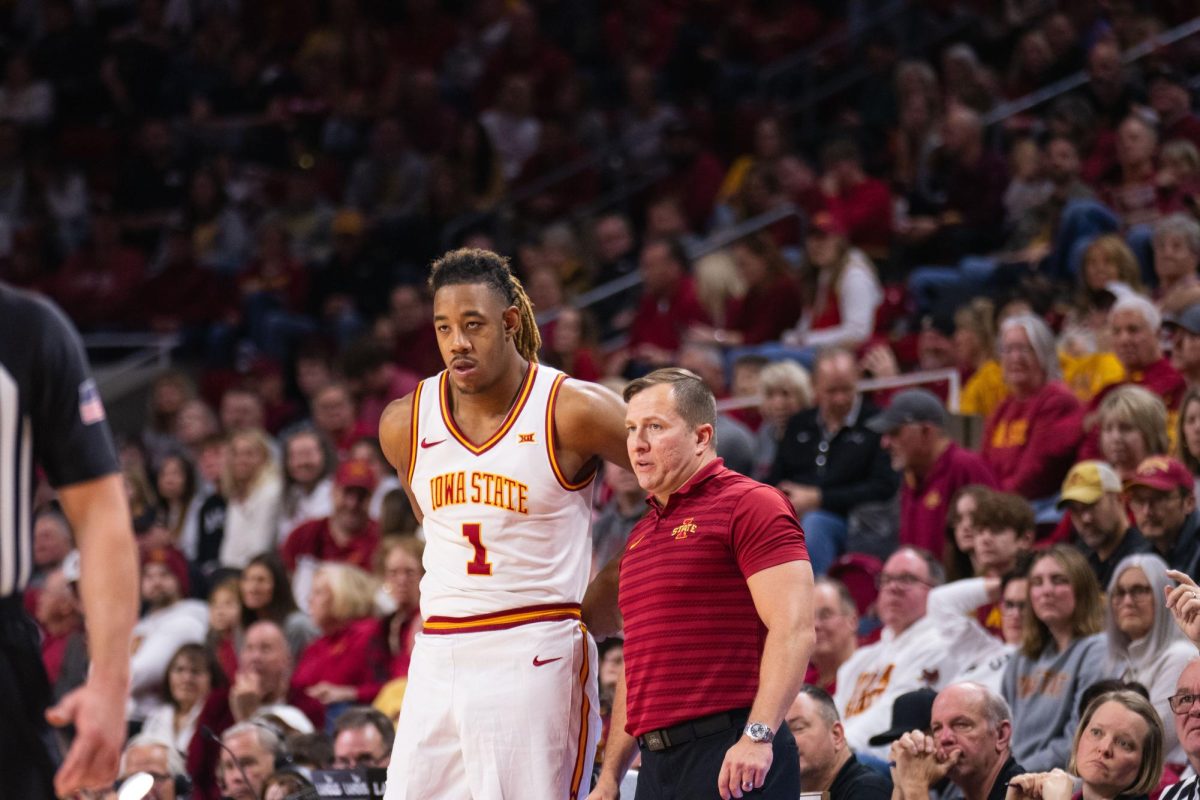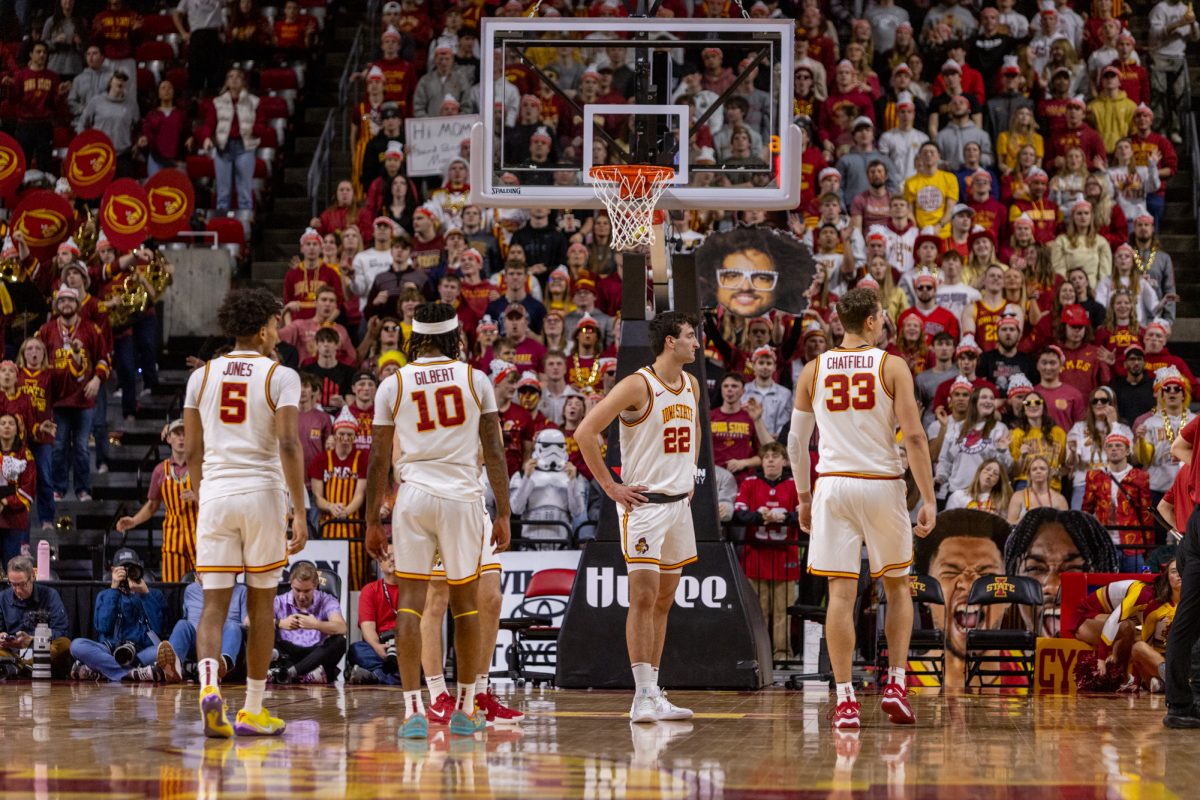Middle Eastern student questioned for nearly 45 minutes at Chicago O’Hare
January 14, 2018
One international student came back to the United States to start his semester, but his return was less than welcoming.
Omar Elsherbiny, a senior in electrical engineering, came back to America on Jan. 11 after spending the winter break with his friends and family in Cairo, Egypt. At the customs checkpoints, he was questioned for nearly 45 minutes, which caused him to miss his flight to Des Moines and he had to stay the night in Chicago.
According to Elsherbiny, he was about to get his passport stamped at the checkpoints, the officer at the desk called over the radio and said “we have a number one here at aisle 52.” Another officer came to the desk immediately and escorted Elsherbiny to a room which was filled with other Middle Eastern travelers.
“Then my name was called, so I went over there to an officer,” Elsherbiny said. “He asked me for my phone and started to go through every single picture. It was just obnoxious. They asked me questions like my religious beliefs, whether I was Sunni or Shia and how would I identify an ISIS member.
”I felt very unwelcome to enter the country. Being questioned like that at the border, I started to questioning the decision of coming to study at the U.S.”
He said he has never been invasively questioned like that before.
Ehsan Zaffar, a Senior Policy Advisor on civil rights at the U.S. Department of Homeland Security expanded on why officials can stop, search or detain travelers in an essay published by Elsevier.com.
“Although it is illegal for law enforcement officers to perform any stops, searches, detentions or removals based solely on race, national origin, religion, sex or ethnicity, CBP officials may stop travelers based on citizenship or travel itinerary at the airport (or other ports of entry, including land crossings and seaports).”
Although law enforcement needs probable cause to search someone’s property in everyday life, no such requirement is exists for a search at a border or international airports.
Customs officers can open, access and search through all content stored on travelers’ electronic devices. They may also make copies of the files contained therein or may confiscate the electronic device for further inspection.
Elsherbiny said he felt that his experience is the result of political dealings and increasingly strict enforcement under President Trump.
“I wouldn’t say it’s an embodiment of the U.S. and Middles East’s relation,” Elsherbiny said. “There is a lot more to politics than a senior in electrical engineering would know. I’ve heard O’Hare is a strict airport, but I guess with Trump in the office, it’s got even more strict. However, I do think it’s a part of the politics, because the country is trying to keep the terrorists out, but I’m just not sure if what they are doing is helpful or not.”
Elsherbiny felt that Iowa State should be doing more to educate international students about difficulties they may face entering the country.
“I think the international student advisers should reach out to students and inform them that this might happen,” Elsherbiny said. “Had I known this would happen to me, I would probably be more prepared.”
Elsherbiny had a plea for his fellow students and residents of Iowa.
”We are not on the world alone — Iowa is not the world,” Elsherbiny said. “So, people who have no international experience, I would highly recommend them reach out to their classmates and talk to them about the ups and downs in their life. I wish everyone can be empathetic and compassionate to one another.”







